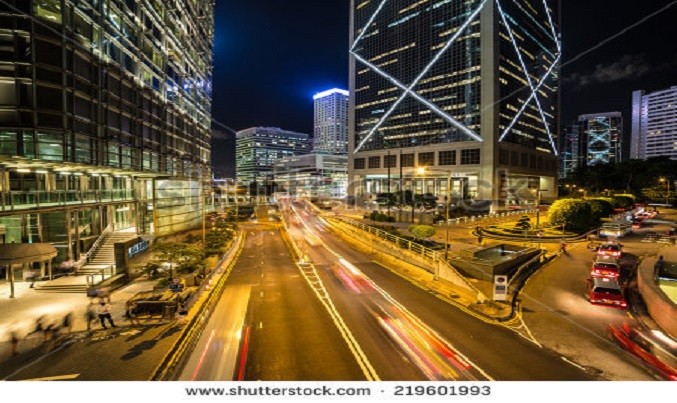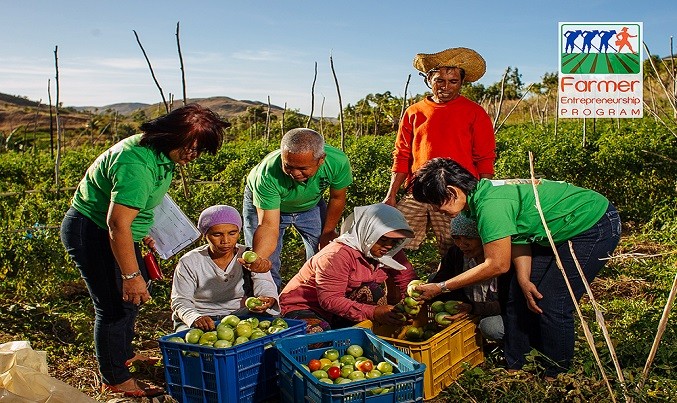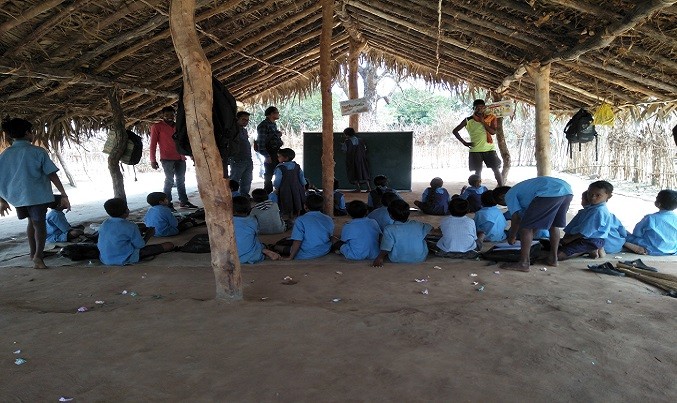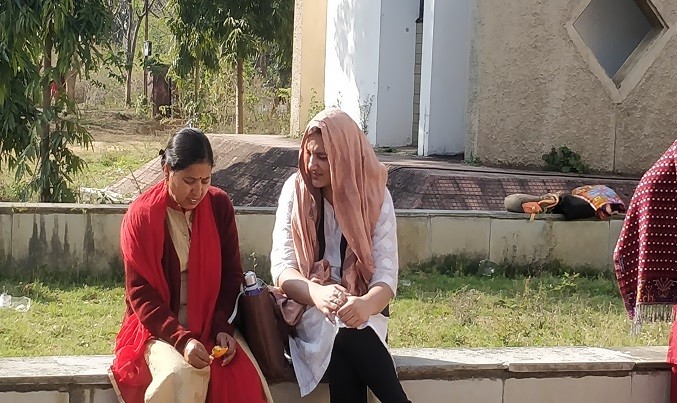On July 19, in downtown Yangon, people of many backgrounds lined up under heavy rainfall to commemorate the building where Major General aung San, the founding father of independent Myanmar, and his six cabinet members were assassinated in 1947.
The Secretariat Building, built in the 1800s, holds this legacy and history. The dwellers of Yangon took the opportunity to attend the commemoration as the building has only welcomed the public once a year since 2014, after decades of closure. The occasion is a unique example of why cultural heritage preservation—effective safeguarding action and accessibility for the public—is crucial for binding diverse communities in Myanmar’s most populous city, Yangon.
Myanmar is home to 54 million people divided into 135 recognized ethnic groups, along with a number of other groups. The religious groups are also diverse, with the majority practicing Buddhism. Yangon, the country’s main commercial hub and its former capital, has been facing the challenge of having the region’s poorest infrastructures while accommodating 7 million people. Meanwhile, Nobel Laureate A ung San Suu Kyi’s new government has been locally and internationally criticized for its alleged slow pace in promoting development.
Internal migration is being forced to happen by enduring and ongoing civil wars, economic hardship, climate change, and racial and ethnic tensions. Settlers from all over the country reside in Yangon mostly for day-to-day survival, with urban poverty being an issue on the rise. On the bright side, the country’s economy grew rapidly by 7 percent from 2015 to 2016 according to the World Bank.
Reversing the curse
Beginning in 1962, Myanmar turned from one of the most prosperous countries in the region to one of its least developed after General Ne win implemented the Burmese way to Socialism. The former military regime made the inconceivable mistake of neglecting and demolishing pre-colonial and colonial cultural buildings in downtown Yangon for over five decades. The worst part was that they dismantled the community’s sense of belonging, because people feel attached to these historical artifacts.
Tangible buildings are more than physical infrastructures: they hold intangible values for local communities.
Yangon can turn this curse into a blessing by prioritizing and integrating the preservation of cultural heritage into Yangon’s urban development plan. An effective urban development plan is a necessity for all major cities in Myanmar. The process of people-centered city development is to be assured of both sustainability and benefit to the local community.
The U.N. Educational, Scientific and Cultural Organization (UNESCO) has stated that culture is both an enabler and a driver of the economic, social and environmental dimensions of sustainable development. But with modernization and globalization that come with urban development, maintaining local culture is at stake.
When culture becomes the center of a development plan, it can assure peaceful social inclusion, creativity and social cohesion.
Cultural heritage cannot be recreated. Hence, any local government’s main responsibility should be to assimilate the social and economic aspects as well as collaborate with local community-based organizations, NGOs and experts spanning the process of planning to decision-making.
Public awareness is crucial
Implementing cultural heritage preservation and sustainable urban development as short-term and long-term agenda is a major issue not only for Myanmar, but also for other developing countries in Asia.
Local people become victims of poor urban management when governments fail to provide them with the basic necessities.
Public awareness of cultural heritage preservation plays a crucial role in a successful urban development plan. In many cases, civil society is not informed about the agenda and why it is important. Public collaboration is the ultimate way to achieve a sustainable and sufficient quality of life, because it is interrelated with dwellers’ well-being, education, economy and livelihood, leading to poverty reduction and even eradication.
International government agencies and donors should be invited to provide funds and technical support for conservation projects. Simultaneously, local governments need to implement legitimate policies and clear procedures on land and infrastructures.
For instance, relics such as parks, museums and national monuments must be made more accessible to the public. Public spaces play a major role in an urban city lifestyle, where people from various backgrounds can showcase their talents and creativity, and enjoy recreational activities.
Heritage infrastructures can also be used as spaces for locals and foreigners to conduct cultural exchanges and learn from each other. Thus, historical buildings should be well-documented and well-managed for cultural maintenance and exchange purposes. Certain buildings can be turned into museums, hotels and restaurants.
The appreciation of cultural diversity can bring solidarity and unity among individuals and communities.
The essence of embracing differences and appreciating similarities can alleviate the danger of imposing a dominant culture onto minority groups. Only with culture can we affirm our identity and our sense of belonging that foster peaceful nations.
Asian cities and heritage
The ancient cities of Asia such as Bangkok, Jakarta, Manila and Yangon are still tackling the same challenge of integrating cultural heritage preservation into a sustainable urban development plan.
Cities around the world have at least one landmark, as does Yangon with its golden Shwedagon Pagoda. People take pride in their nation and their city in connection with these landmarks, culture and traditions. Regional governments should thus work together and transfer knowledge on maintaining and fostering cultural heritage in urban areas.
Yangon heritage Trust, a leading local NGO in Yangon, emphasizes the protection and promotion of the city’s rich cultural heritage. The organization is working on an urban development plan that allows residents to enjoy a sustainable quality of life along with the preservation of historical areas and artifacts. Governments should welcome and collaborate with organizations like the Yangon heritage Trust and get them actively involved in urbanization efforts.
In this contemporary world, which comes with an immense flow of modernization and globalization, local and regional culture is being threatened.
Asia’s rich and diverse culture can only survive when the government of each nation works from the grassroots level to the regional and international levels to preserve cultural heritage.










